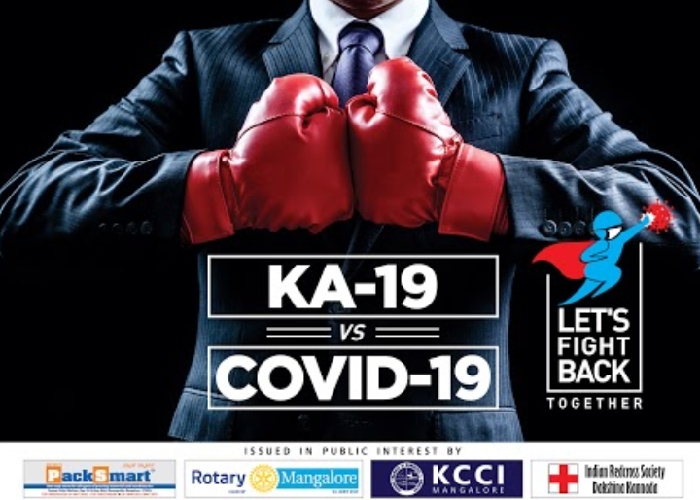Bengaluru, Jun 14: IMA Jewels auditor Iqbal Khan has been arrested by Special Investigation Team (SIT) in the IMA Ponzi scam in Bengaluru, the investigative team confirmed on Friday.
Iqbal Khan, a resident of Frazer town, has been the auditor of IMA for many years.
According to an immigration form, the main accused, IMA Jewels founder Mohammed Mansoor Khan, has flown to Dubai on June 8. As per SIT, efforts are being made to nab Khan.
The 11-member SIT headed by DIG BR Ravikanthe Gowda was formed by the Karnataka government to probe the alleged fraud by the firm, which has an estimated Rs 200 crore investment of Muslim women alone.
The SIT, which is a part of Karnataka Police, on Wednesday, arrested 7 directors of different entities linked to Mansoor Khan, who is accused of allegedly perpetrating financial fraud in Bengaluru.
The accused directors are - Nizamuddin, Nasir Hussain, Naveed Ahmed, Arshad Khan, Wasim, Ansar Pasha and Dada Peer.
The police officials confirmed that over 25, 000 complaints have been filed so far against the company.
It is alleged that IMA Jewels, with Muslims as its prime investors, has not paid interests on investments for the last three months.
Accused Mansoor Khan disappeared after sending an audio clip to some investors threatening to commit suicide due to what he alleged was "harassment" by some politicians and rowdies.
IMA founder Khan, in the said audio clip sent to investors, alleged that rebel Congress MLA Roshan Baig had taken Rs 400 crore and was not paying back. He has, however, refuted the allegation and termed it a "total conspiracy."
Currently, shops of IMA Jewels in Shivaji Nagar are closed.
Scores of investors staged protests outside IMA Jewels' office in Sivaji Nagar, demanding the firm to return their money.
Unfortunately, one of the investors in IMA Jewels died yesterday due to a heart attack. The investor, who has been identified as Abdul Pasha, had invested Rs 8 lakh in the firm for his daughter's marriage. He died in Bengaluru's Sapthagiri hospital.





.jpg)
.jpg)
.jpg)
.jpg)
Comments
Really very sad people invest in these companies in lakls , without having knoweldge
Add new comment